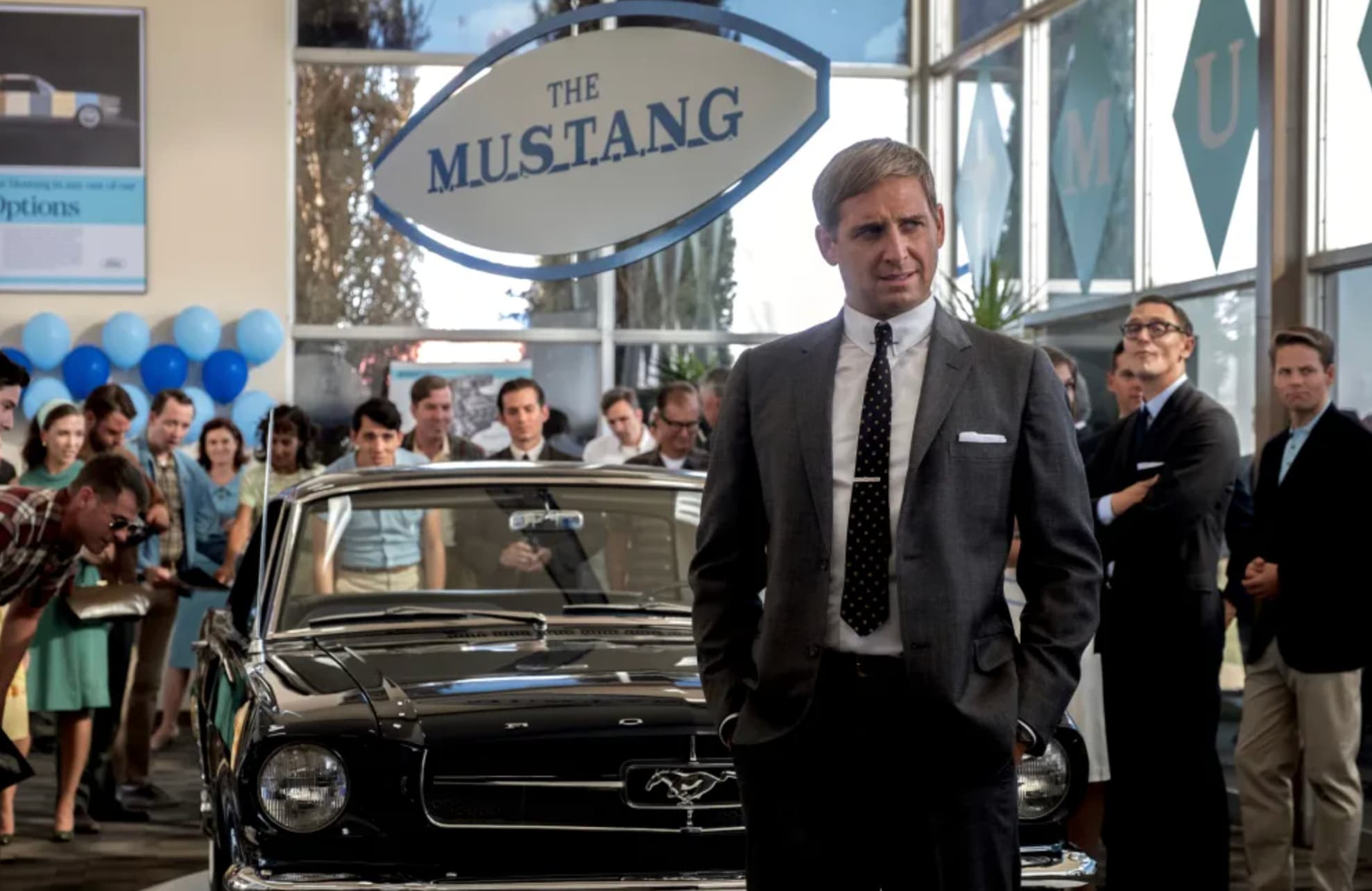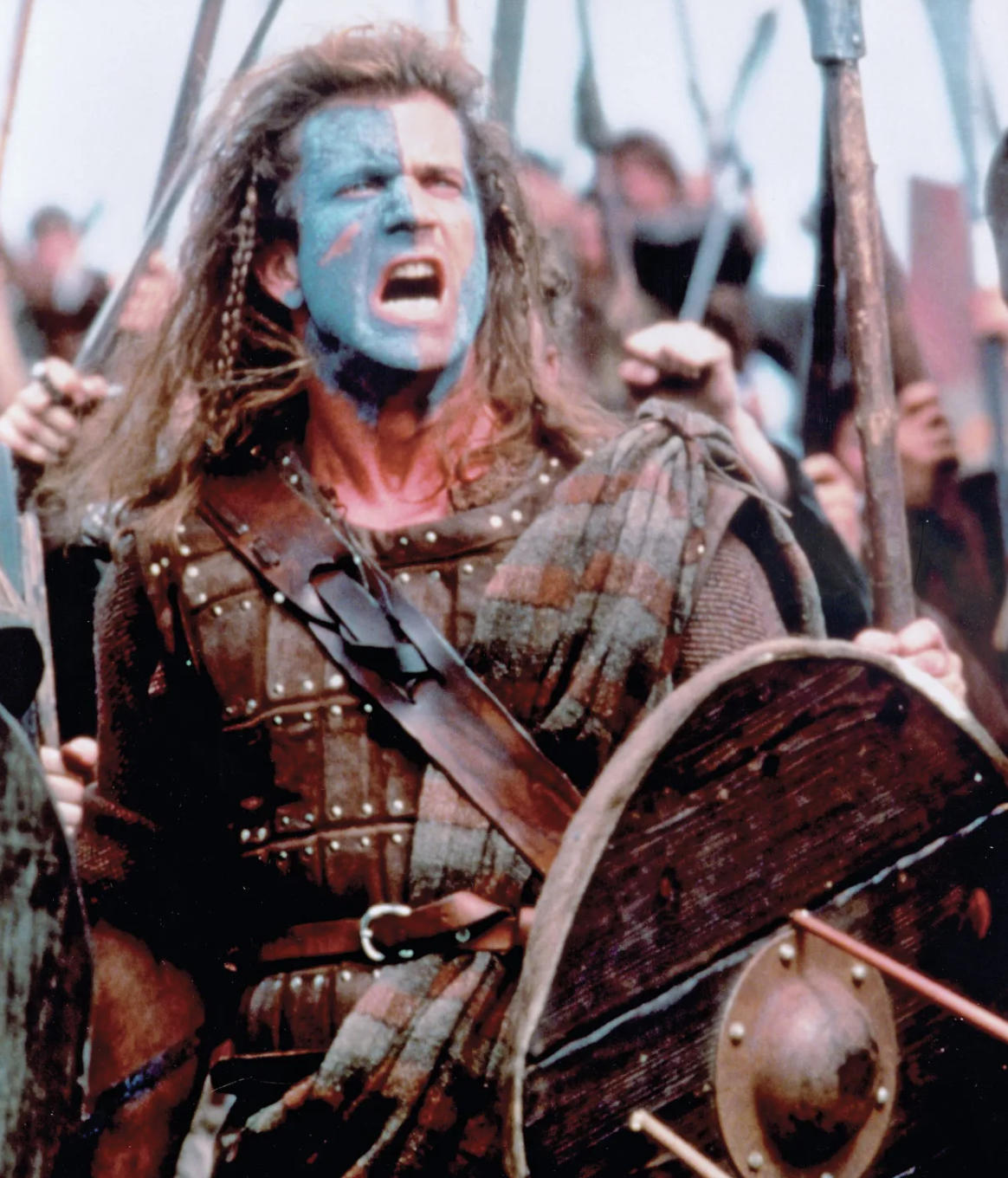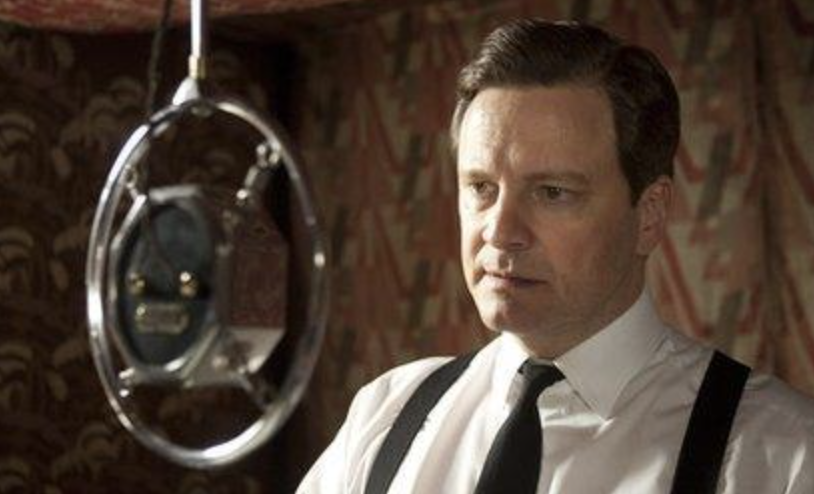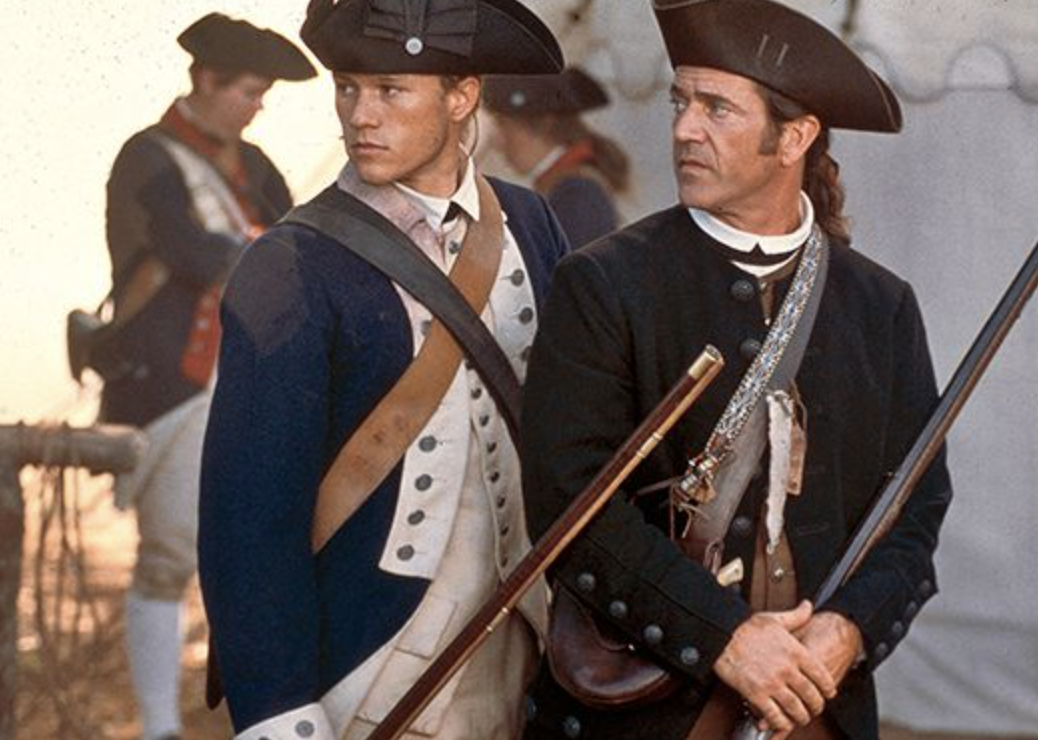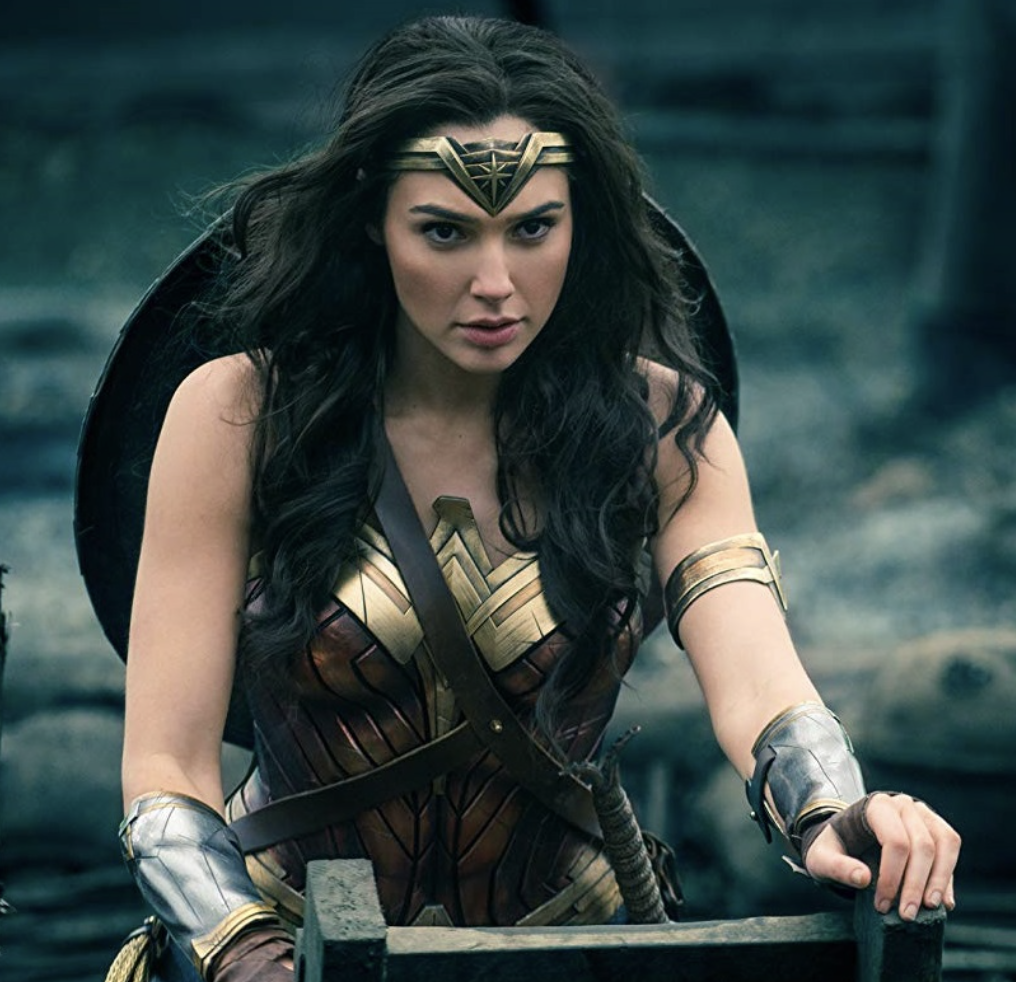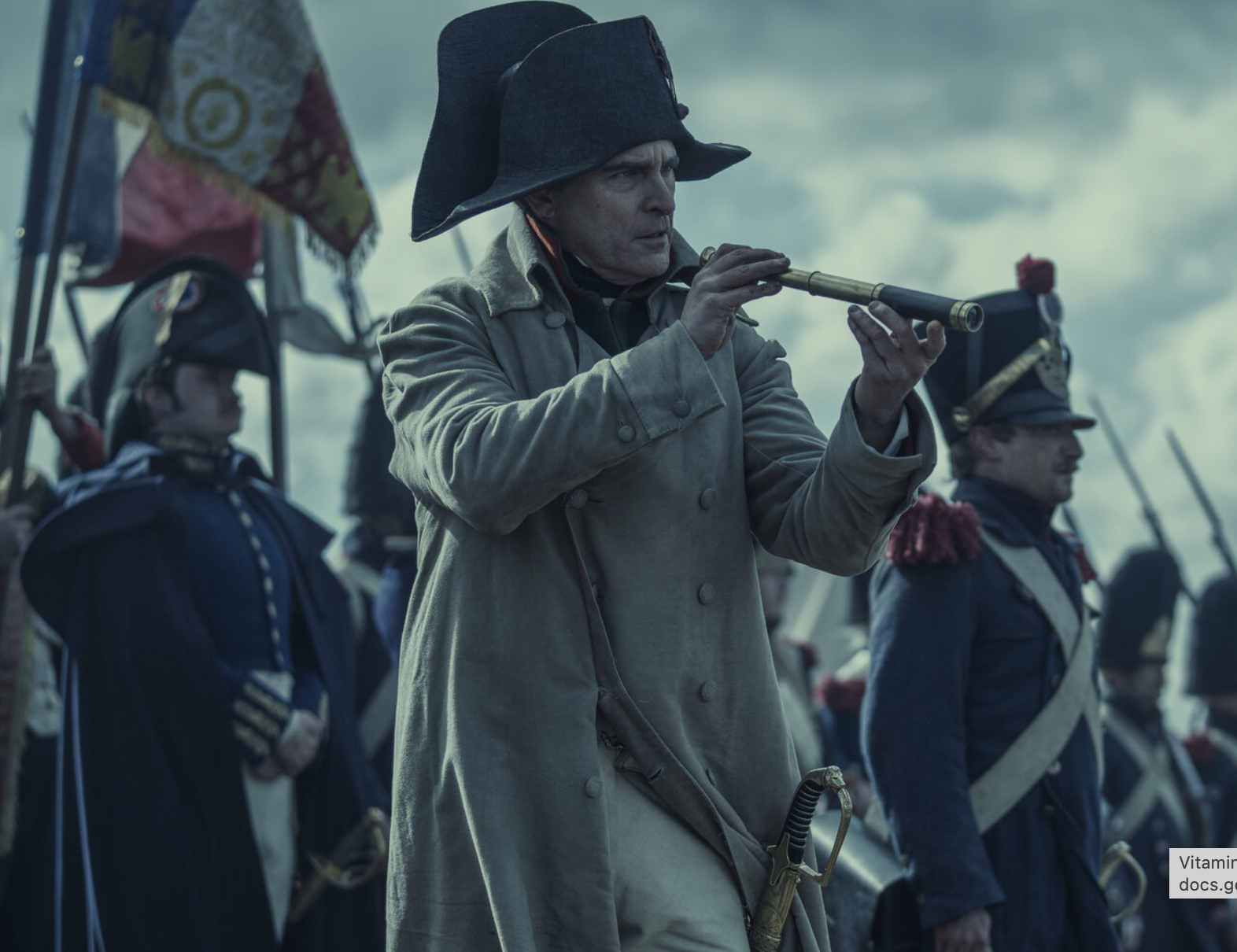18 Times Movies Flubbed Historical Facts
Sometimes movie magic can wind up re-writing history.
Published 11 months ago in Facepalm
Though movie magic is typically confined to the technical aspects of our favorite films — transforming stars into evil villains or dashing heroes, recreating old-timey locales and ensuring that the world of Avatar's Pandora resembles a lush, green planet rather than a massive warehouse — sometimes Hollywood glitz and glamour can seep into on-screen depictions of historical events, much to historians' chagrin.
From the Von Erich brother entirely omitted from The Iron Claw to Argo giving a good 'ol 'slap in the face to Canadians, here are 18 times movies flubbed historical facts.
1
“Look them up, mainly that Freddie wasn't diagnosed with AIDS until years after Live Aid. Also Freddie never broke up Queen, both Roger Taylor and Brian May released solo music before Freddie did. At the end of the day, the movie isn't really about Queen or Freddie, not really. It's a fun movie and I didn't hate it. But it doesn't accurately depict Freddie or the band in an attempt to protect their legacy. Quiet often the movie falls back on the band's music in order to keep the audience intrigued (like Freddie playing the piano to Bohemian Rhapsody).”2
“I have an issue with the beach scene in Saving Private Ryan. There were no machine gun nests right on the beaches. If the Germans built them there they would have very quickly been introduced to the firepower of naval vessels. My biggest gripe is when the ramp drops and everyone gets hit. That really only happened on island landings early in the pacific war, when the Japanese strategy was to hold the attackers at the beaches. Not at Normandy, for the reason mentioned above. The violence and gore is accurate. But the situation is not.”3
"In short, a lot. But most of the film's inaccuracies are due to them already being present in previous adaptations/accounts of the story or simply them not knowing better back in 97, we know much more about the disaster now. A few of the film's inaccuracies were a necessary product of the filmmaking process, like the boat deck having more lights than in reality, or the Southampton scene being a mirror image of the starboard side as they couldn't feasibly build both sides of the ship set. First off, there's minor inaccuracies with the ship, like the four bladed propeller, small sections of the ship's superstructure being removed to shorten the length of the set, or the lifeboats being too small. There's also the historical characters, who tragically get sidelined in favour of Cameron's fictional cast. Ismay probably gets the worst portrayal of all, but honestly nearly all of them with the exception of Lowe and Molly Brown aren't very historically accurate. Then there's everything that's wrong with the sinking: Murdoch ordering the engines reversed during the collision instead of just stopping them, the third class being locked below decks so the upper classes can escape first, the ship sinking completely evenly and not slightly listing, the colours of the rockets all being plain white, the location(s) that the band played that night (they started indoors, likely in the Grand Staircase where there was a piano. When they move out on deck Cameron placed them in approximately the right spot, just outside the Grand Staircase, but on the wrong side of the ship), the lights not fading as the ship takes her plunge, the no. 1 funnel falling to port instead of starboard, the emergency lights not kicking in when the ship loses main power, the angle of the stern before the breakup (should be mid 20s and not upwards of 45 degrees), the location of the breakup, and the stern not corkscrewing as it founders. Regardless of these inaccuracies (a fair few of them are things they couldn't really even know at the time), this film is still one of the best depictions of Titanic's maiden voyage on the big screen, and easily the most visually appealing due to the time it was made. It's such a perfect mix of massive sets, impressive model work, CG elements, and digital compositing."4
"Apocalypto, hands down. My Pre-Columbian Americas professor ranted about the inaccuracy of that movie for a whole class in undergrad lmao..... It would be way more accurate if it were based on the Aztec. The whole human sacrifice element was not as extreme (to the extent it’s shown in the film) in Mayan culture, but was common in the Aztec empire. It also shows the Spaniards arriving at the end, which was half a century after the fall of Classic Maya. Still a good movie though!"5
“As much as I loved that movie, many historical details are incorrect, from the numbers mentioned to the armor worn. The 300 Spartans were part of an army of about 7,000 - 8,000 Greeks, and the army of Xerxes present at the hot gates is thought to have numbered about 180,000, although this is a matter of much debate.”6
“It was very inaccurate, disappointingly so. Not only for what was discussed, but in its portrayal of someone like [former United States Secretary of State, Henry] Stimson. Stimson very much did not believe the Japanese to be intractable, was already very concerned about the long-term consequences of the invention of nuclear weapons, did not spare Kyoto on a whim (or as easily as that), and definitely never framed it as bomb or invade.”8
"Gladiator makes my stomach turn. Why would you use siege weapons on a thick German forest?! Neither Marcus Aurelius nor anyone else in Rome wanted to restore Rome to a republic and no one was under the delusion that the republic was a democracy. Maximus never existed. Commodius was like Captain America in stature and athleticism and would fight in gladiator battles. He was still a **** though, and died being strangled in his bath by his wrestling partner."9
"As far as cinematography goes I thought the movie was a masterpiece, however the real history and even the plot were completely forgotten in favour of having amazing shots and sequences play out. I understand how most movies need characters in movement and action to be engaging but the whole premise was bizarre. First of all I know the Germans did pull back to the Hindenburg line in March of 1917 as a way to straighten out, and therefore shorten, their line. But if none of the Brits new the Germans had pulled out, then how did the 2nd Devon's get to roughly nine miles behind the German main line? Also the line about how the Germans parting gift was to cut all their radio cables makes no sense as those cables did not run towards the German lines but away from them. If this was done with artillery then it should have been stated more clearly, and not just in a passing line of dialogue."11
“Alan Turing gets smeared in his own biopic, The Imitation Game. Contrary to his portrayal, he was relatively openly gay during the 1940s, and even hit on men in Bletchley Park. He was by all reports a very outgoing and personable man, not the reclusive autistic type portrayed by Benedict Cumberbatch. There is no indication that foreign agents used his homosexuality in an attempt to blackmail him, and the movie giving credit to that trope does a disservice to the gay community.”12
“As someone who is very familiar with the Von Erich story the sheer amount of dread that happened knowing what came next in every part might have made the emotional impact even worse. I thought the movie was great. It kind of [stinks] they completely erased Chris from the history of the Von Erichs, but I get it from a movie standpoint.”13
“Leo Beebe in Ford vs Ferrari was this for me. I get they wanted a 'villain' for the movie and to create further adversity to drive the plot and showcase the characters commitment and ingenuity, but come on. Don't absolutely assassinate the character of someone who in real life was incredibly supportive to the point of instrumental in the project and not at all the backstabbing manipulative b—d shown in the film.”14
"I'm Scottish, and obviously Braveheart - as fun as it is to watch - is a painful reminder that key aspects of historic events are often omitted or altered. This film, in particular, was butchered with fictional story lines and plot devices added purely to embellish and hook to people in. The Battle of Stirling Bridge, a massive moment in Scottish history was depicted as a pitched battle on a field somewhere - it wasn't, the clue is in the name."16
“I absolutely despise The Patriot, also Mel Gibson. The movie is incredibly unfaithful to the nuances of the American Revolution as it takes most of its inspirations from WWII films rather than history. The actions of the British in the movie, such as burning a church with people locked in it or the execution of young kids, have no equivalence in the actual war but seem to rather be taken from the actions of the Nazis in WWII. The Americans, by contrast, are depicted with ideas of equality and liberty that weren’t accurate to the time and again seem to take inspiration from later understandings of equality and liberty. They bypass the slavery issue by having the main character, a southern plantation owner, not own slaves but rather have him pay workers wages. They furthermore ignore the issues of loyalists, and violence toward them, problems of class in white populations, and the issues around native Americans. In short, the movie seriously hardens the British into surrogate Nazis while softening the Americans into peaceful people forced into war by the brutality of the British. The plot is then complete nonsense historically as it combines several key southern battles into just one and assumes that a single important victory would have ended that war. The worst part is that the movie is incredibly accurate in its set and costume design. The movie gives off the air of authenticity with accurate depictions of the period and then abuses that authenticity with a damagingly inaccurate depictions of the British and Americans. Also the movie is simply s—t independent of its historical problems.”18
“As pure entertainment and spectacle, pretty impressive. As drama, pretty good, but the acting is uneven and the characters only partly convincing. As history, um... the word ‘travesty’ comes to mind. I mean, Napoleon returning from Egypt solely because of Josephine's infidelity? Napoleon returning to France in March, 1815 in order to see Josephine again? (she died in May, 1814). Napoleon personally leading a cavalry charge at Waterloo? When asked about historians who had pointed out the (much less serious) errors visible in the trailer, Ridley Scott said: ‘get a life.’ Fair enough. He's an artist, not a historian. But a lot of people don't get this. They will think this is the real history, and that's a shame.”

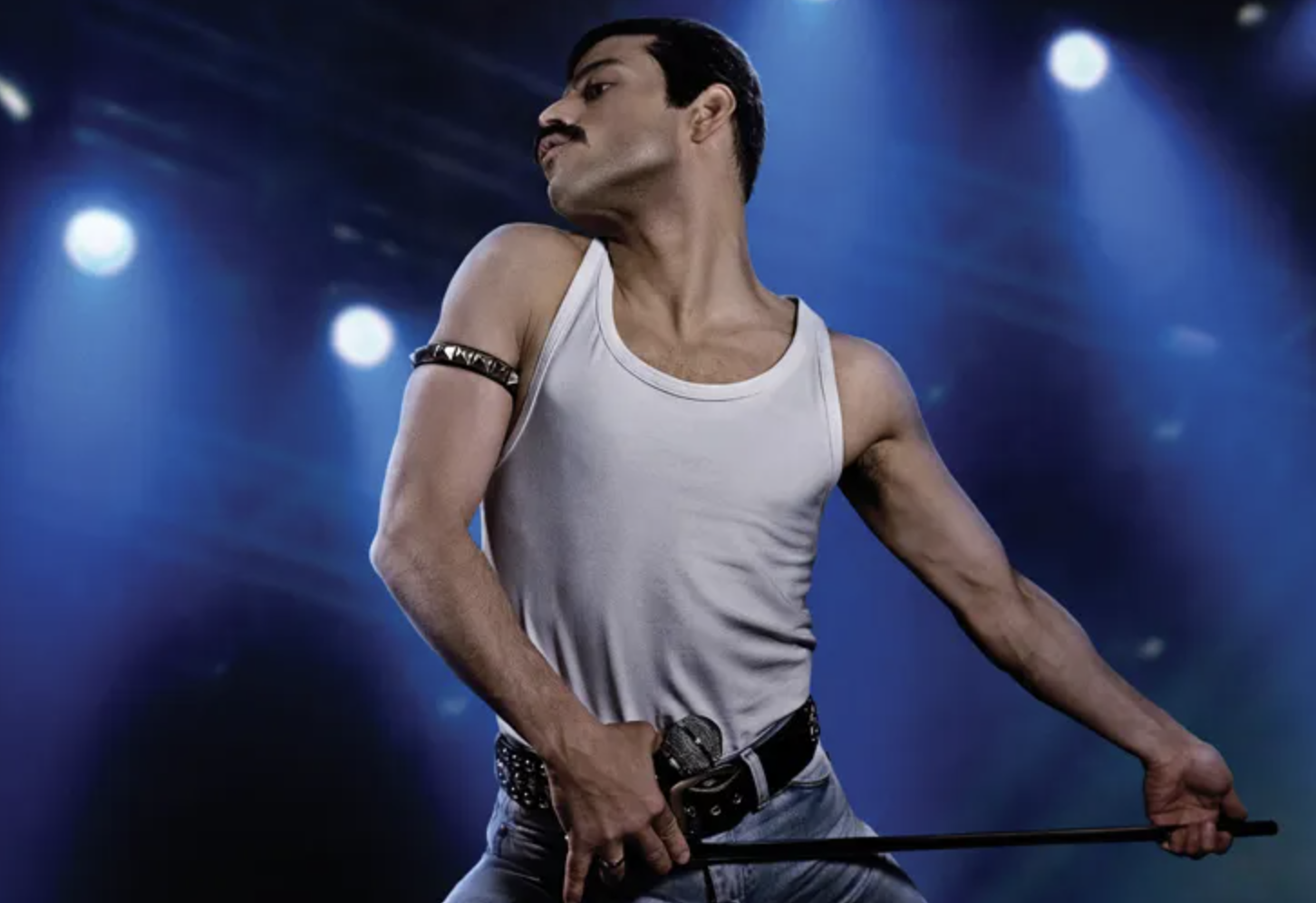
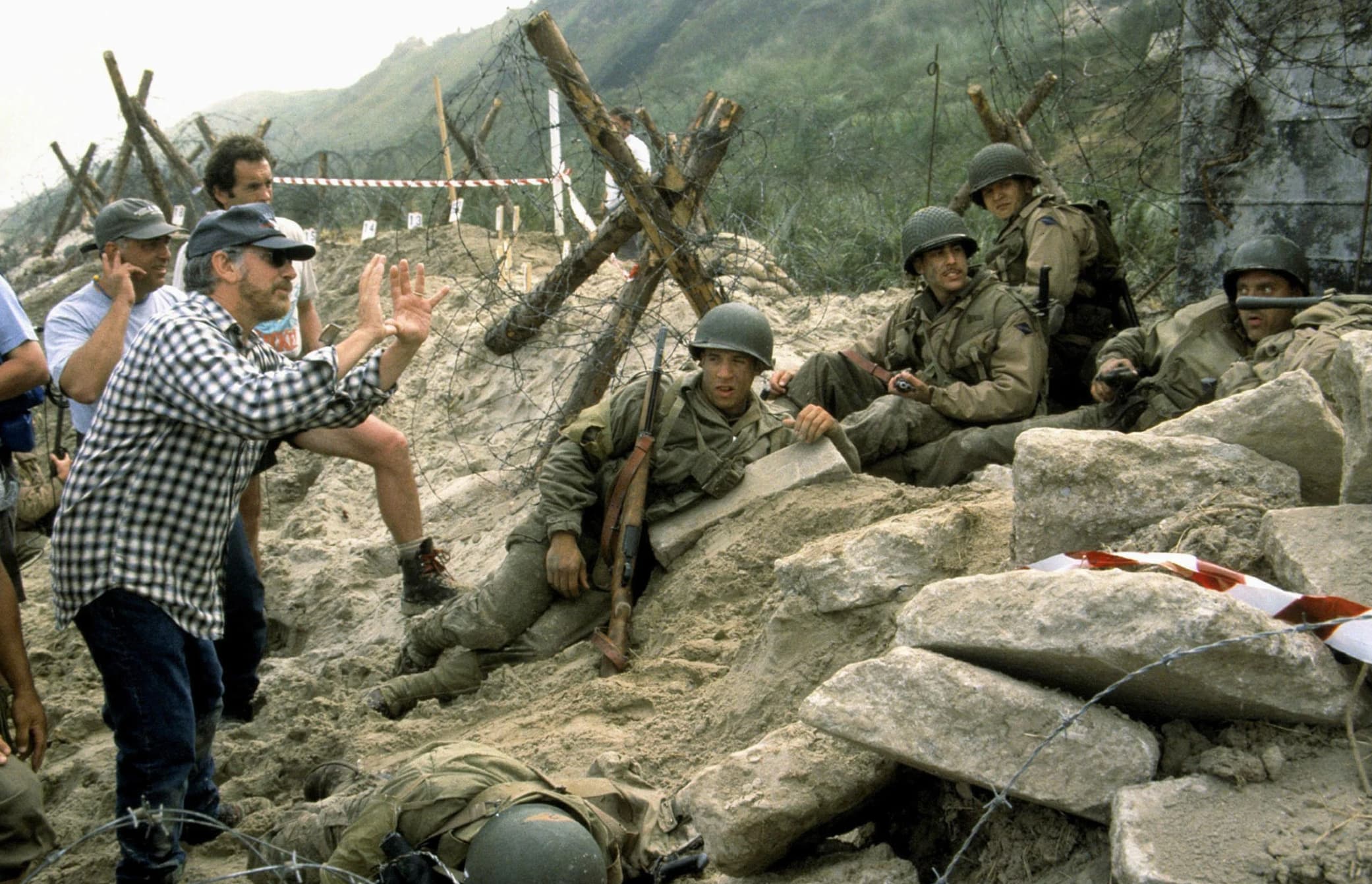
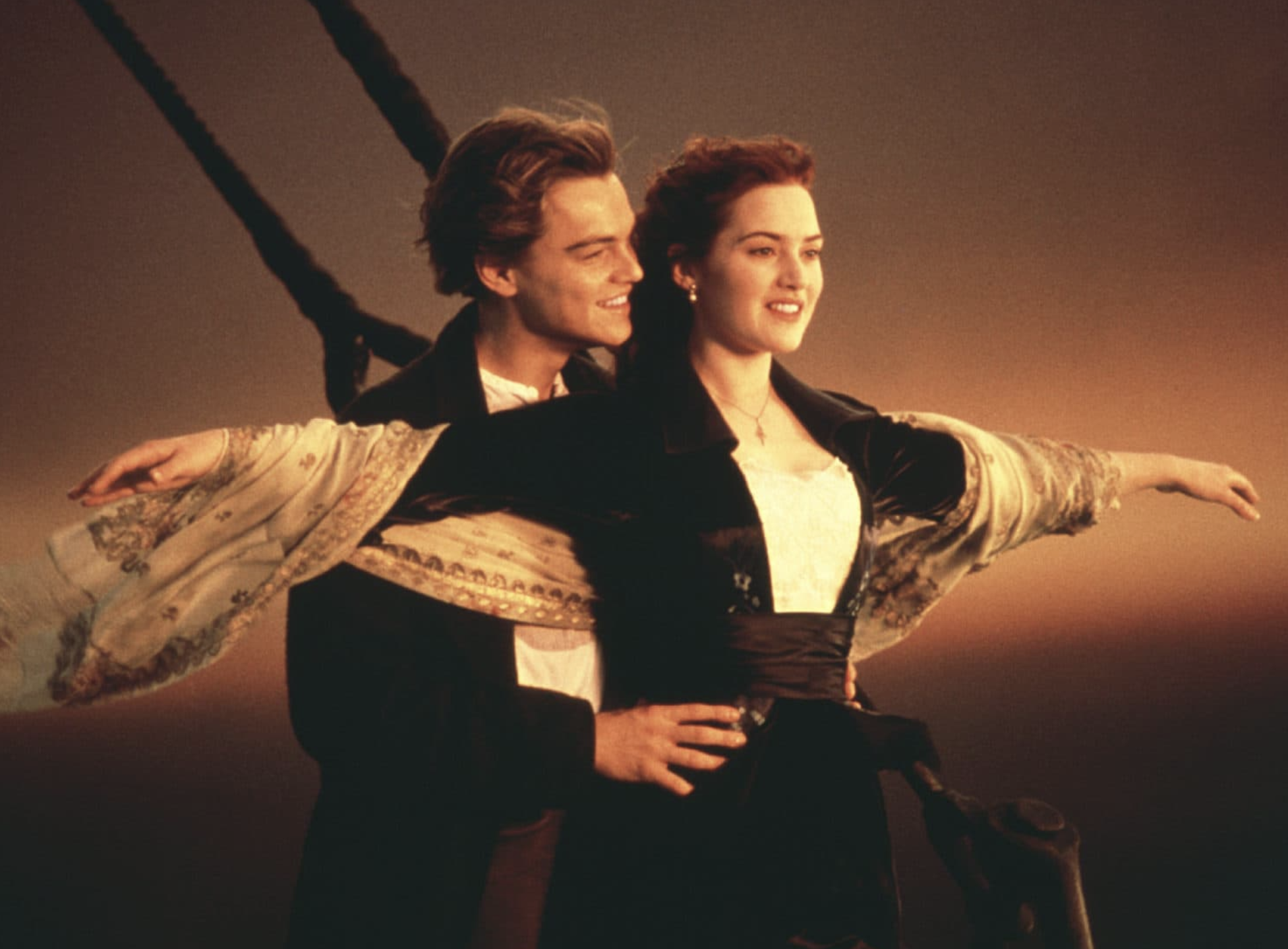
.jpg)
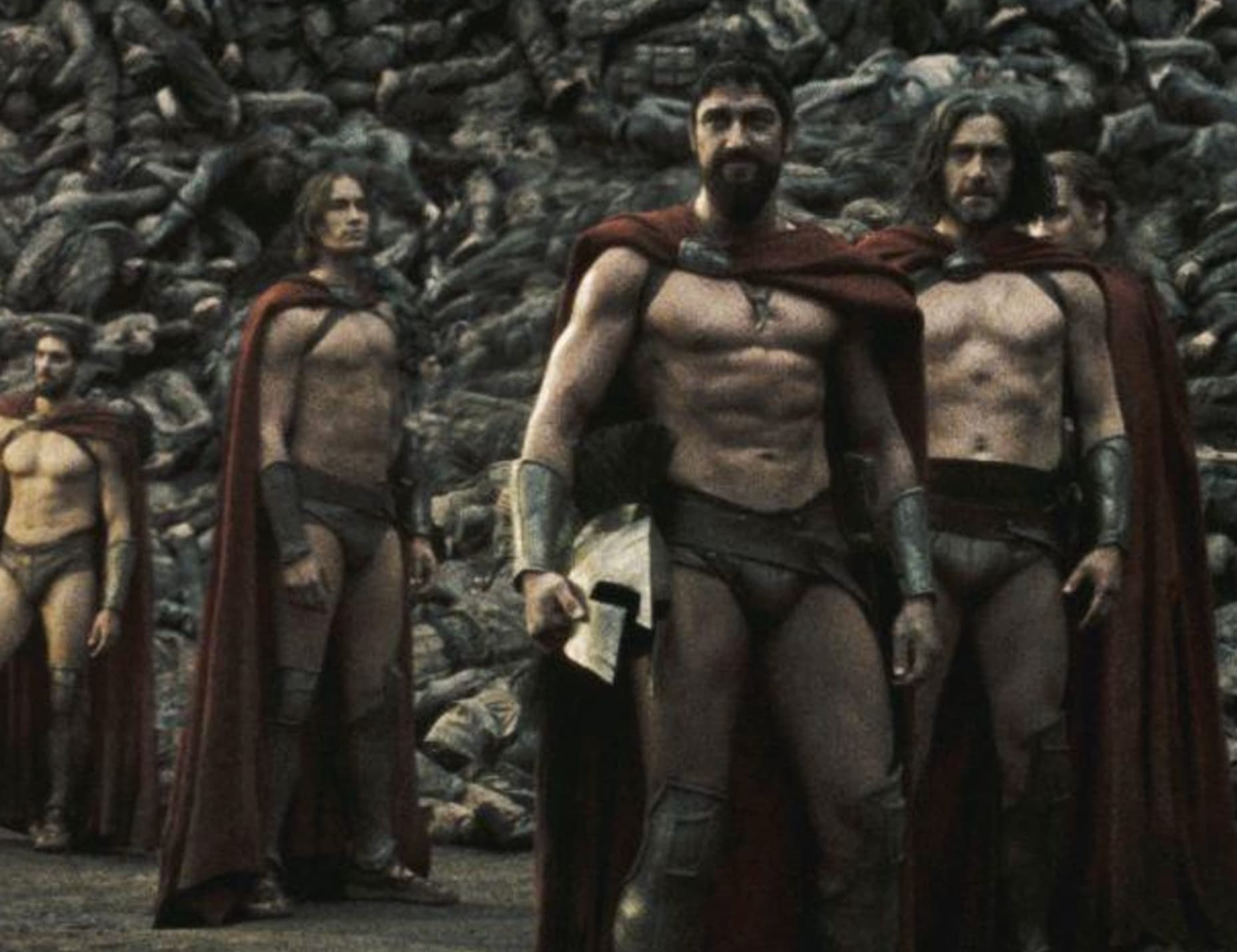
![“It was very inaccurate, disappointingly so. Not only for what was discussed, but in its portrayal of someone like [former United States Secretary of State, Henry] Stimson. Stimson very much did not believe the Japanese to be intractable, was already very concerned about the long-term consequences of the invention of nuclear weapons, did not spare Kyoto on a whim (or as easily as that), and definitely never framed it as bomb or invade.”](https://cdn.ebaumsworld.com/2024/04/17/020946/87534221/Screenshot 2024-04-17 at 1.55.29 PM.png)
![“I can get past the Von Trapps climbing a mountain to escape the [German] takeover of Austria, despite the fact that in real life, they took a train. However, the mountain they were climbing would have not only taken them to Germany, but to Hitler's hometown no less!”](https://cdn.ebaumsworld.com/2024/04/17/021406/87534228/Screenshot 2024-04-17 at 1.58.02 PM.jpg)
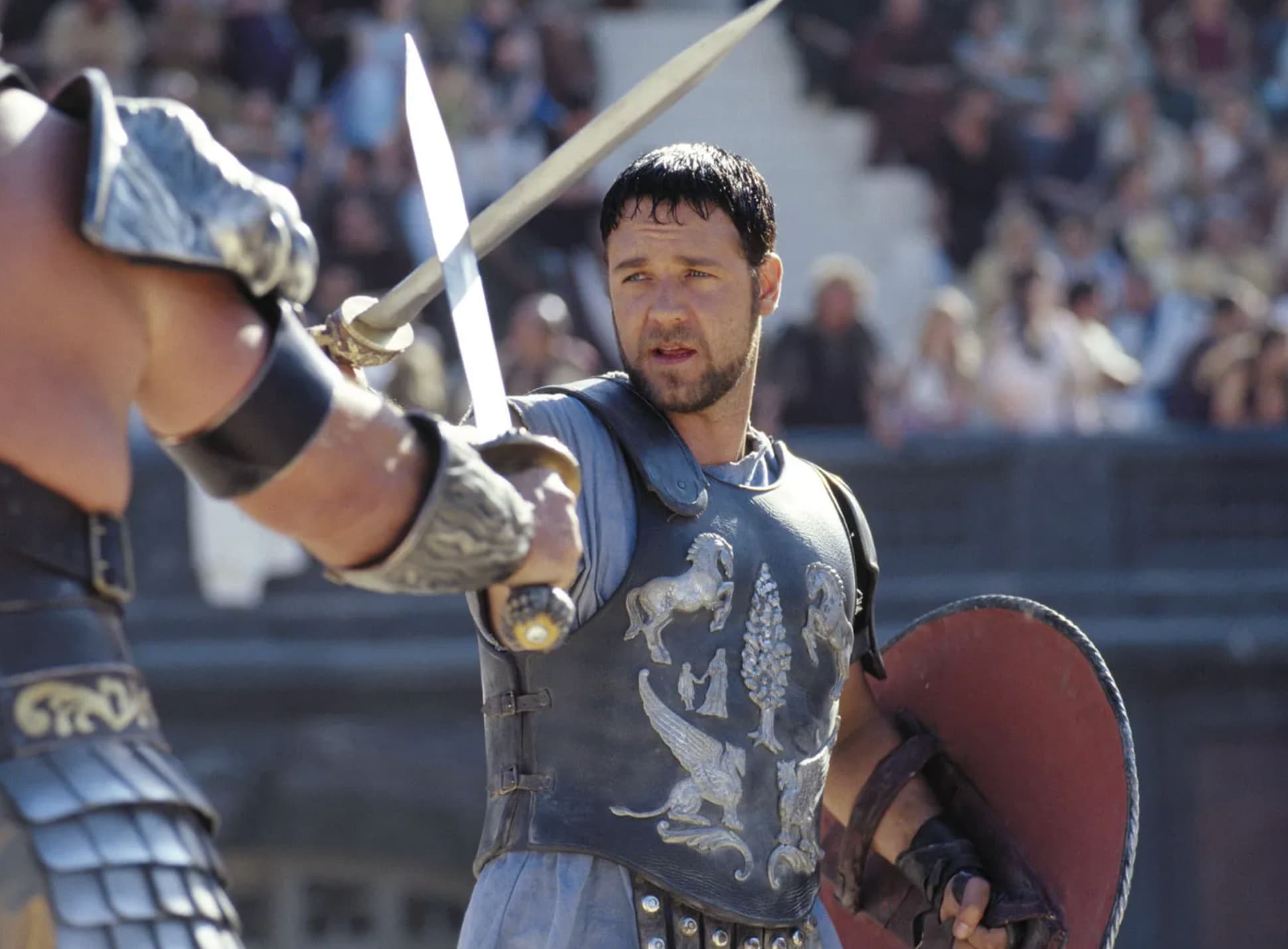
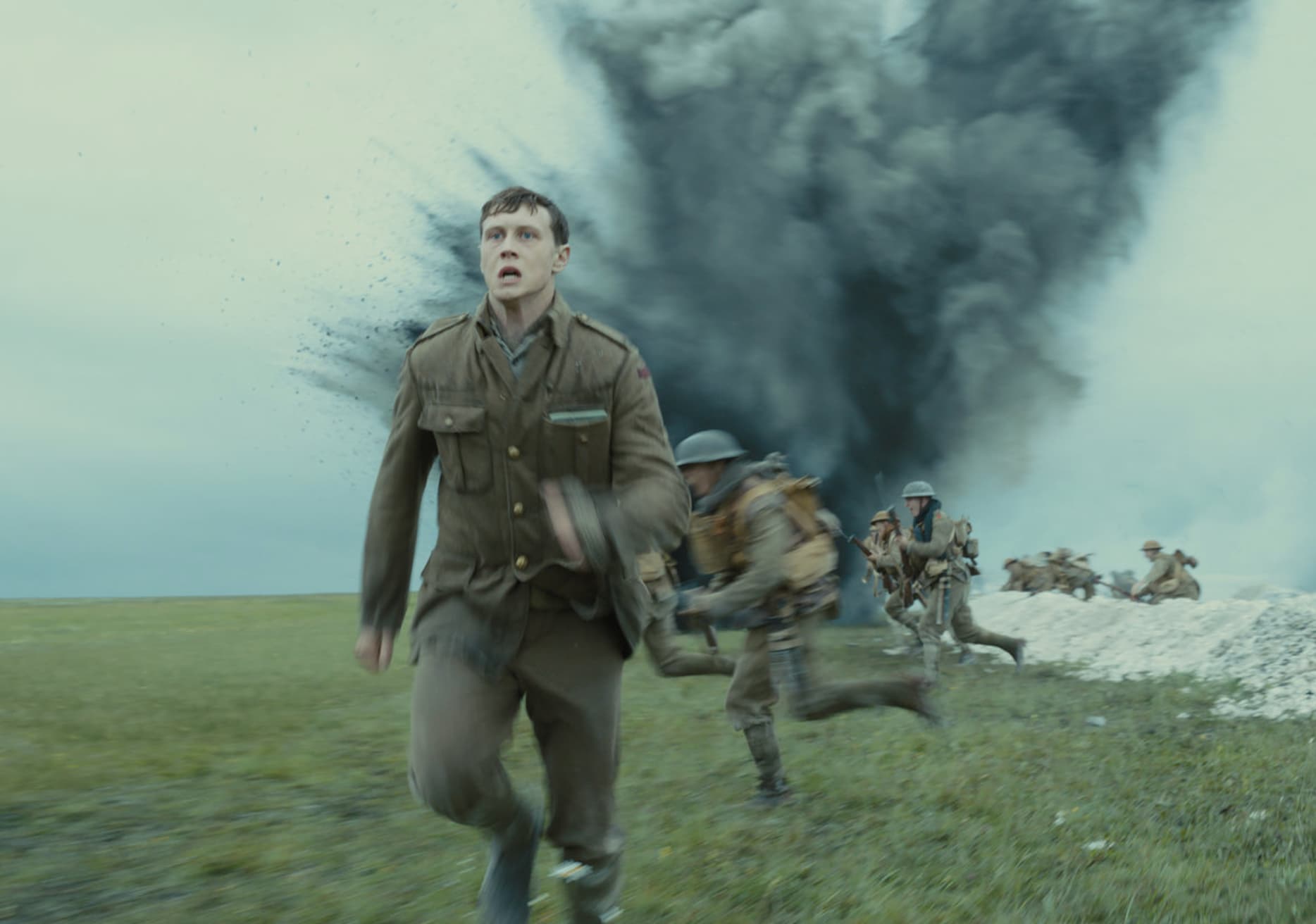
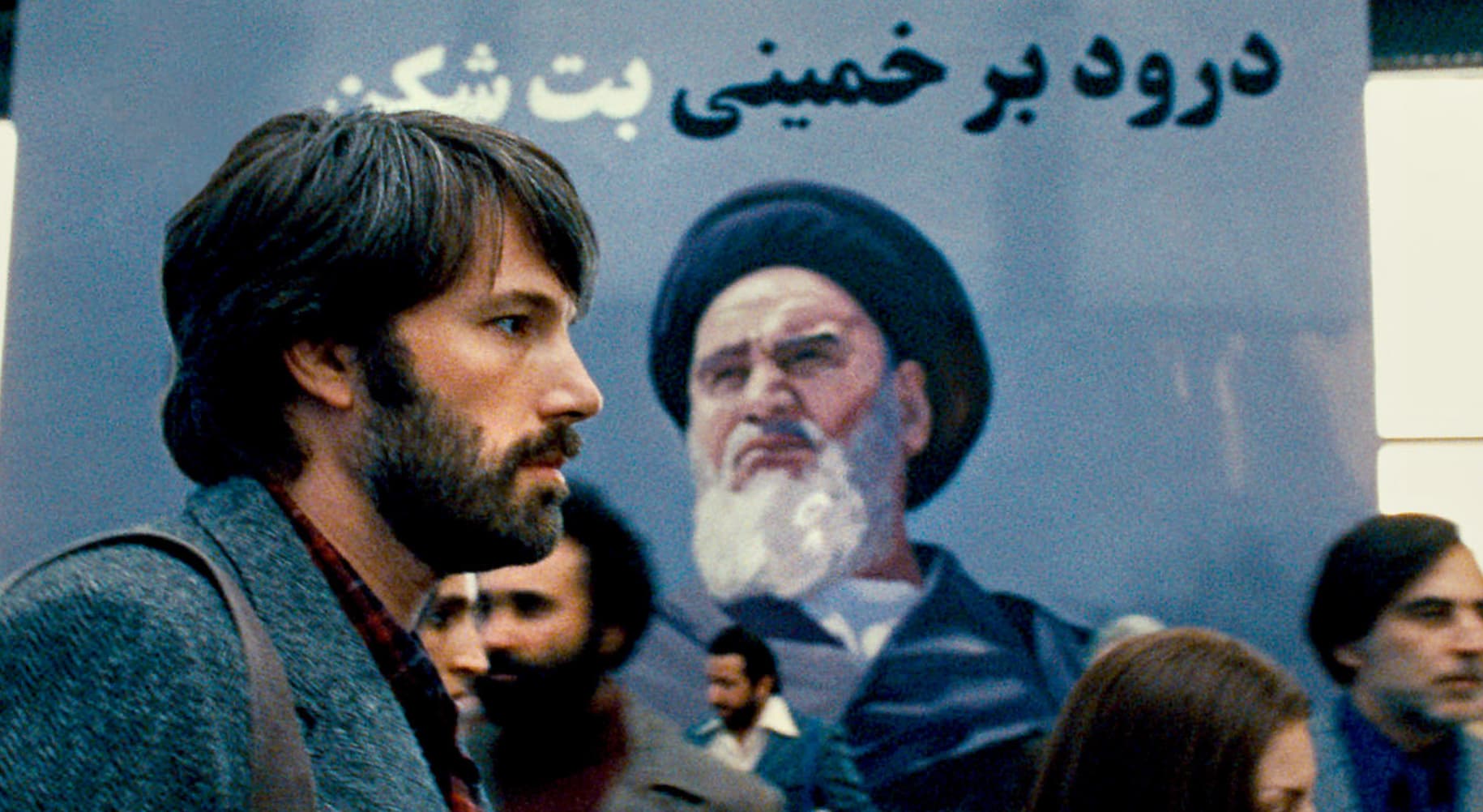
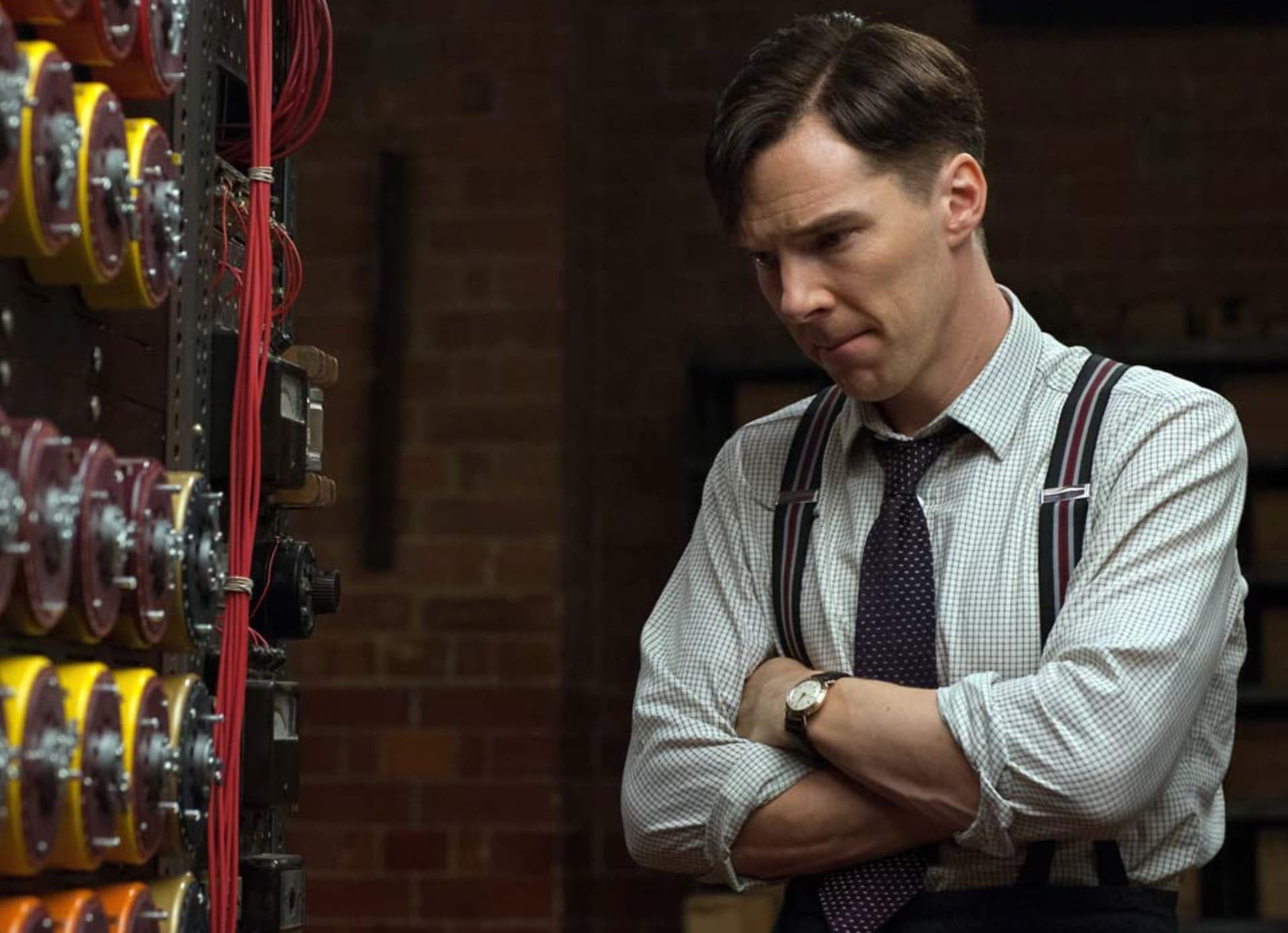
![“As someone who is very familiar with the Von Erich story the sheer amount of dread that happened knowing what came next in every part might have made the emotional impact even worse. I thought the movie was great. It kind of [stinks] they completely erased Chris from the history of the Von Erichs, but I get it from a movie standpoint.”](https://cdn.ebaumsworld.com/2024/04/17/021409/87534230/Screenshot 2024-04-17 at 1.49.04 PM.jpg)
